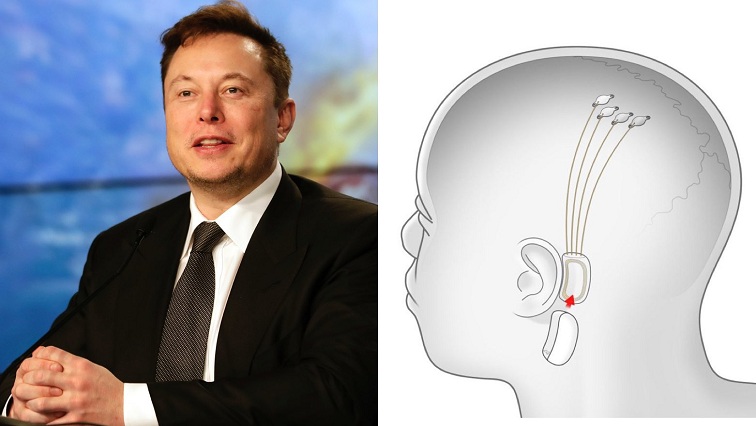Elon Musk said on Wednesday that a wireless device developed by his brain chip company Neuralink is expected to begin human clinical trials in six months.
The company is developing brain chip interfaces that it says could allow disabled patients to move and communicate again.
Neuralink, based in the San Francisco Bay Area and Austin, Texas, has been conducting animal tests in recent years as it seeks approval from US regulators to begin human clinical trials.
“We want to be extremely careful and make sure it’s going to work well before we put the device in humans, but we’ve submitted, I think, most of our paperwork to the FDA and probably in about six months we’ll be able to get Neuralink into humans.” , Musk said during the long-awaited public update of the device.
The event was originally scheduled for October 31, but Musk postponed it a few days before, without giving a reason.
Neuralink’s last public presentation over a year ago involved a monkey with a brain chip playing a computer game while thinking alone.
Musk is known for such lofty goals as colonizing Mars and saving humanity.
His ambitions for Neuralink, which he launched in 2016, are on a similar scale.
He wants to develop a chip that would allow the brain to control complex electronic devices and eventually allow people with paralysis to regain motor function and treat brain diseases such as Parkinson’s, dementia and Alzheimer’s.
He also talks about merging the brain with artificial intelligence.
However, Neuralink is behind schedule.
Musk said in a presentation in 2019 that he aims to get regulatory approval by the end of 2020.
Then at a conference in late 2021, he said he hoped to begin human trials that year.
Current and former employees said Neuralink repeatedly missed internal deadlines to get approval from the US Food and Drug Administration (FDA) to begin human trials.
Earlier this year, Musk approached rival Synchron about a potential investment after he expressed frustration with Neuralink employees about their slow progress, Reuters reported in August.
In July, Synchron achieved a major milestone by implanting its device in a US patient for the first time. In 2021, it received approval from US regulators for human trials and completed four human studies in Australia.







